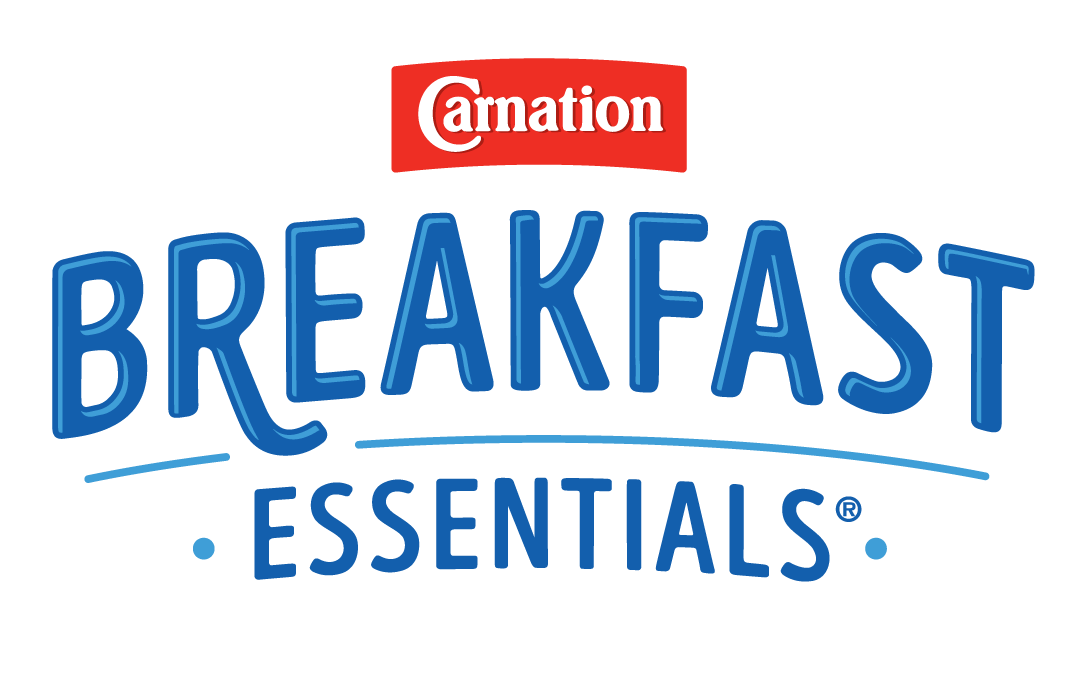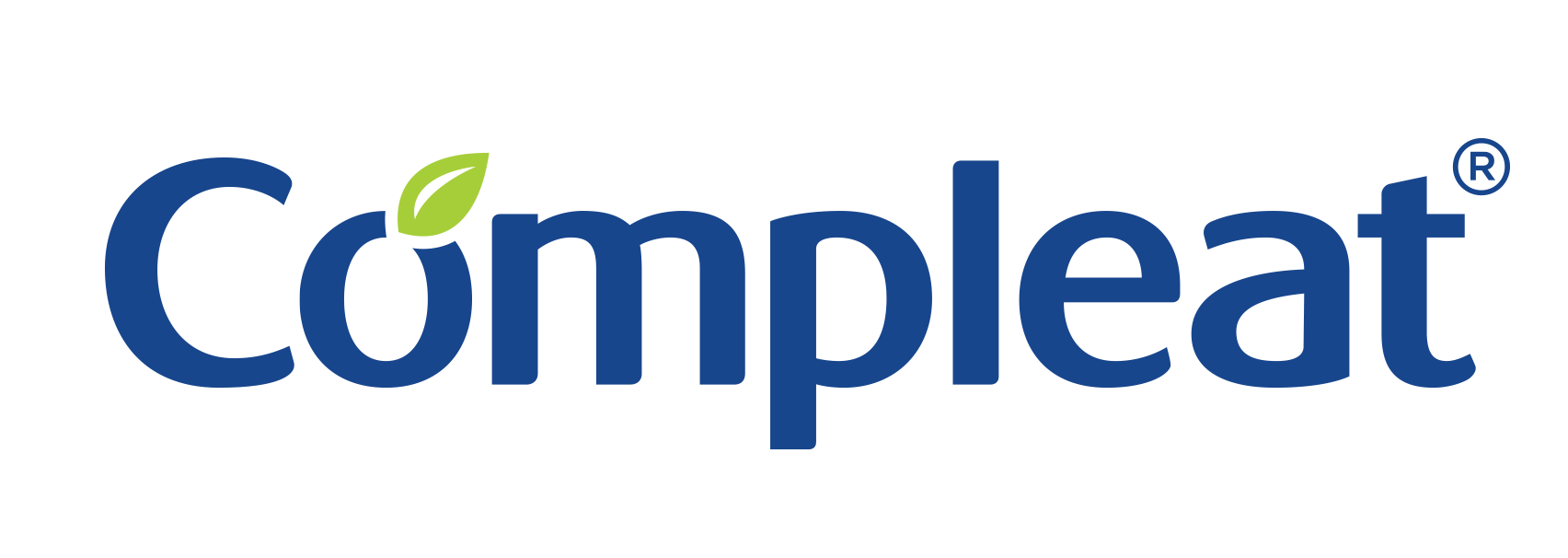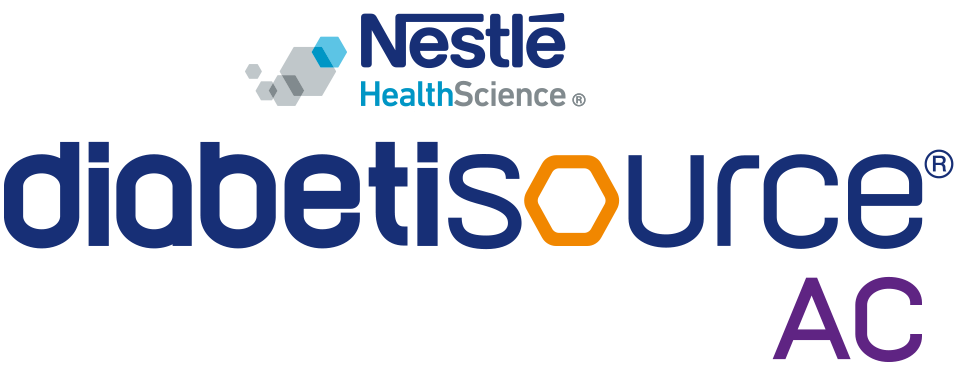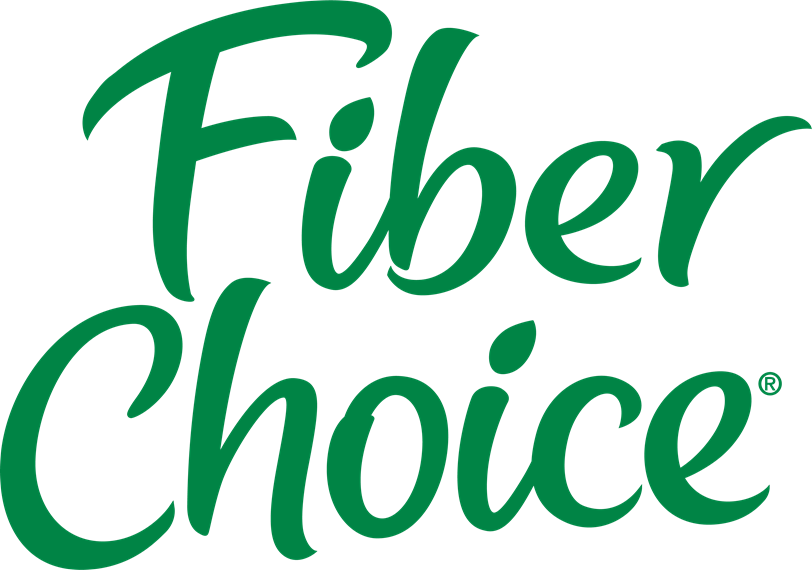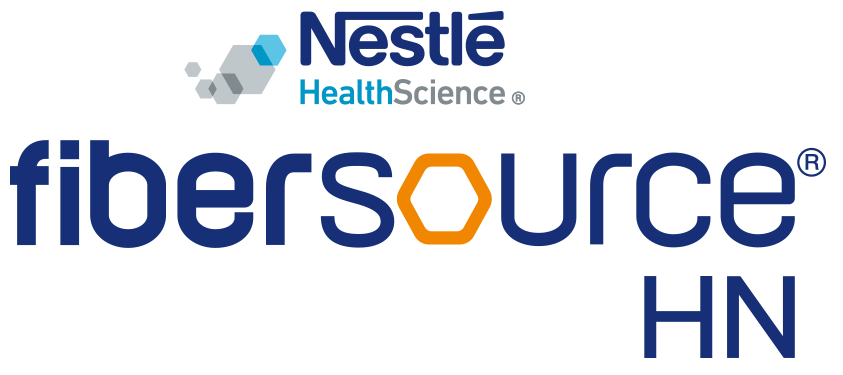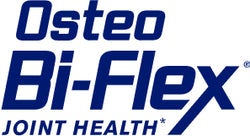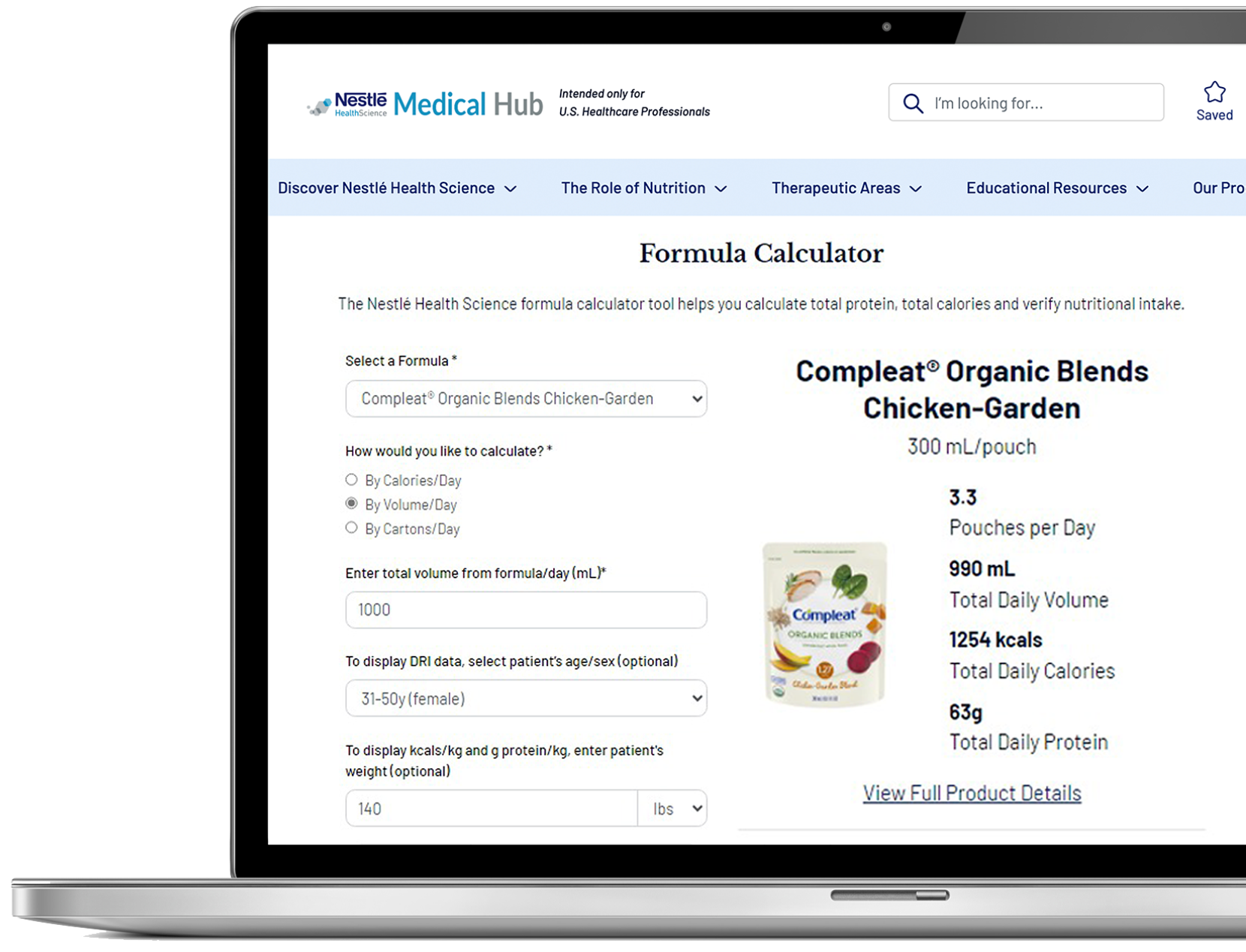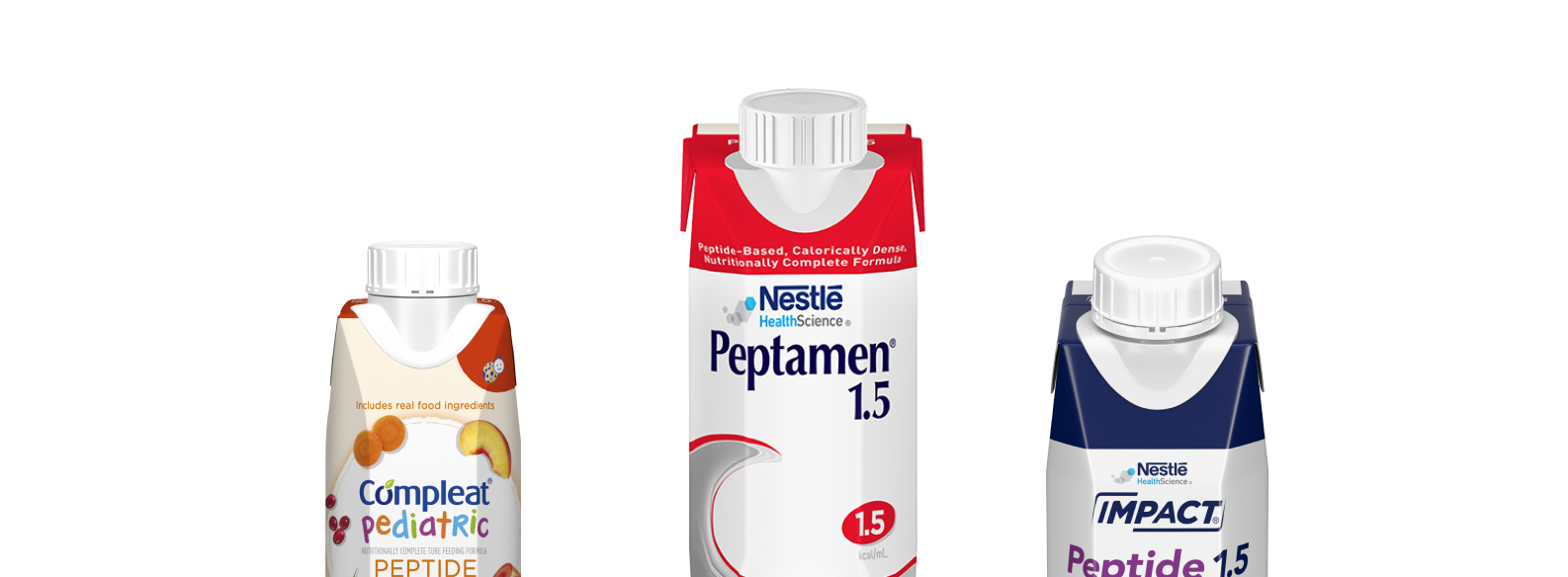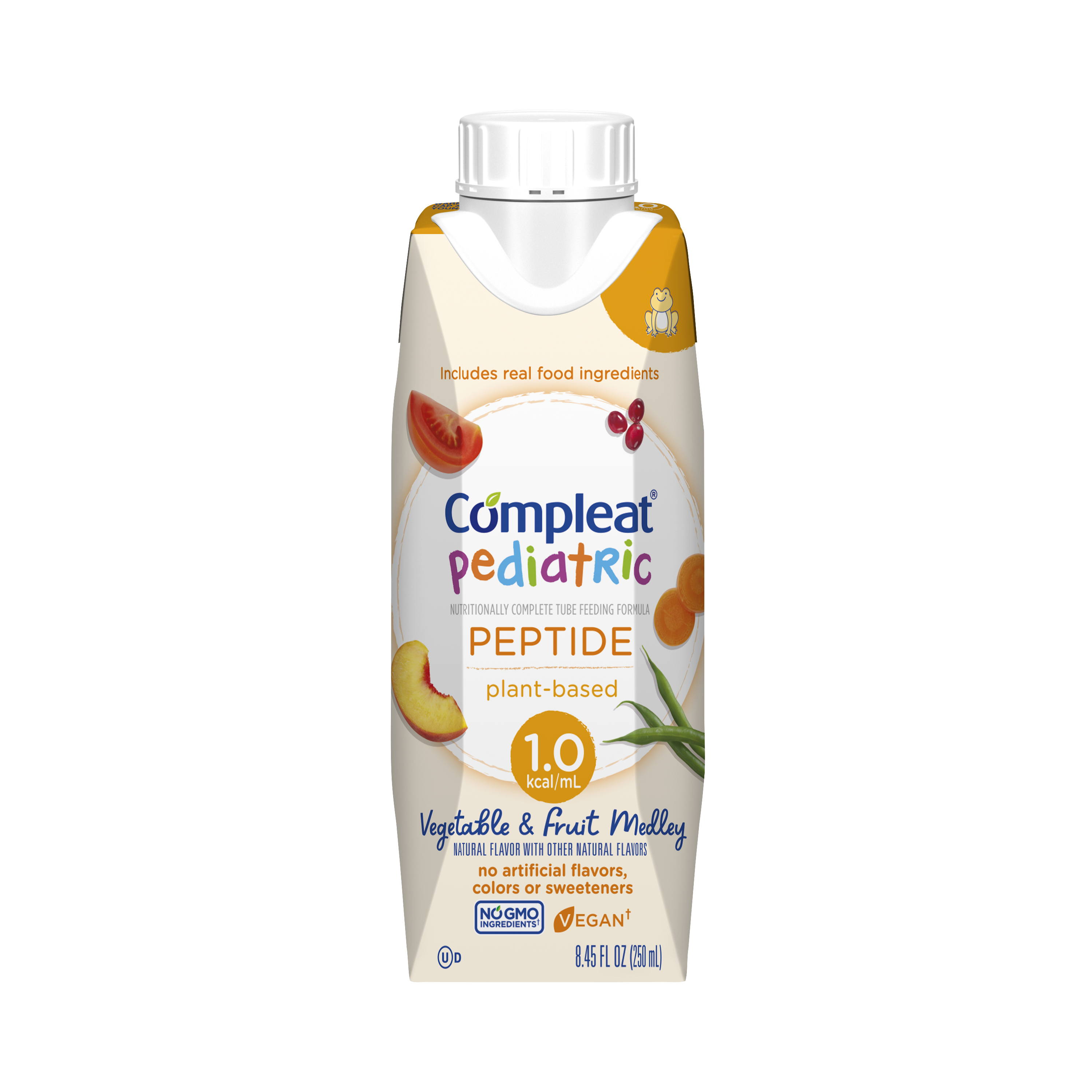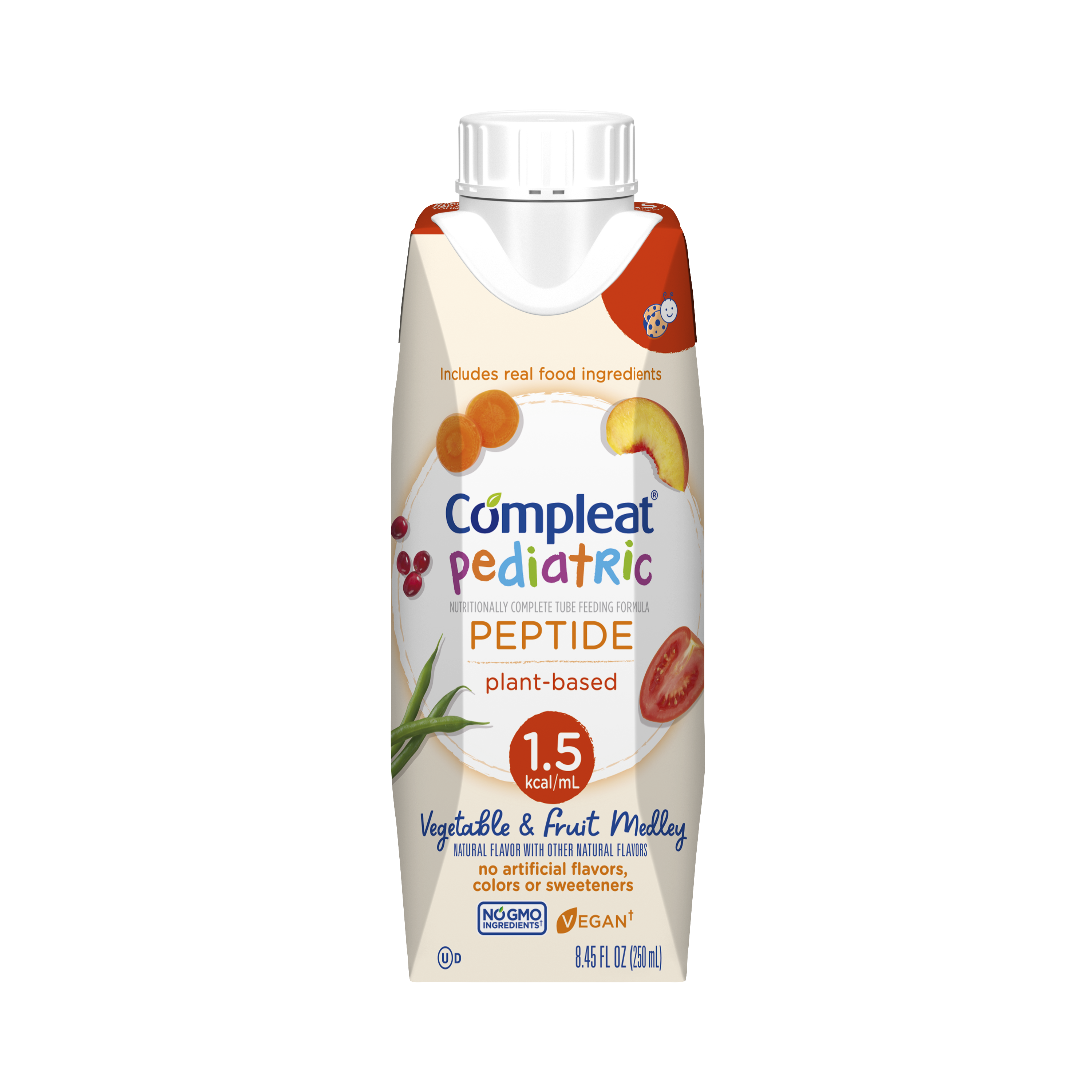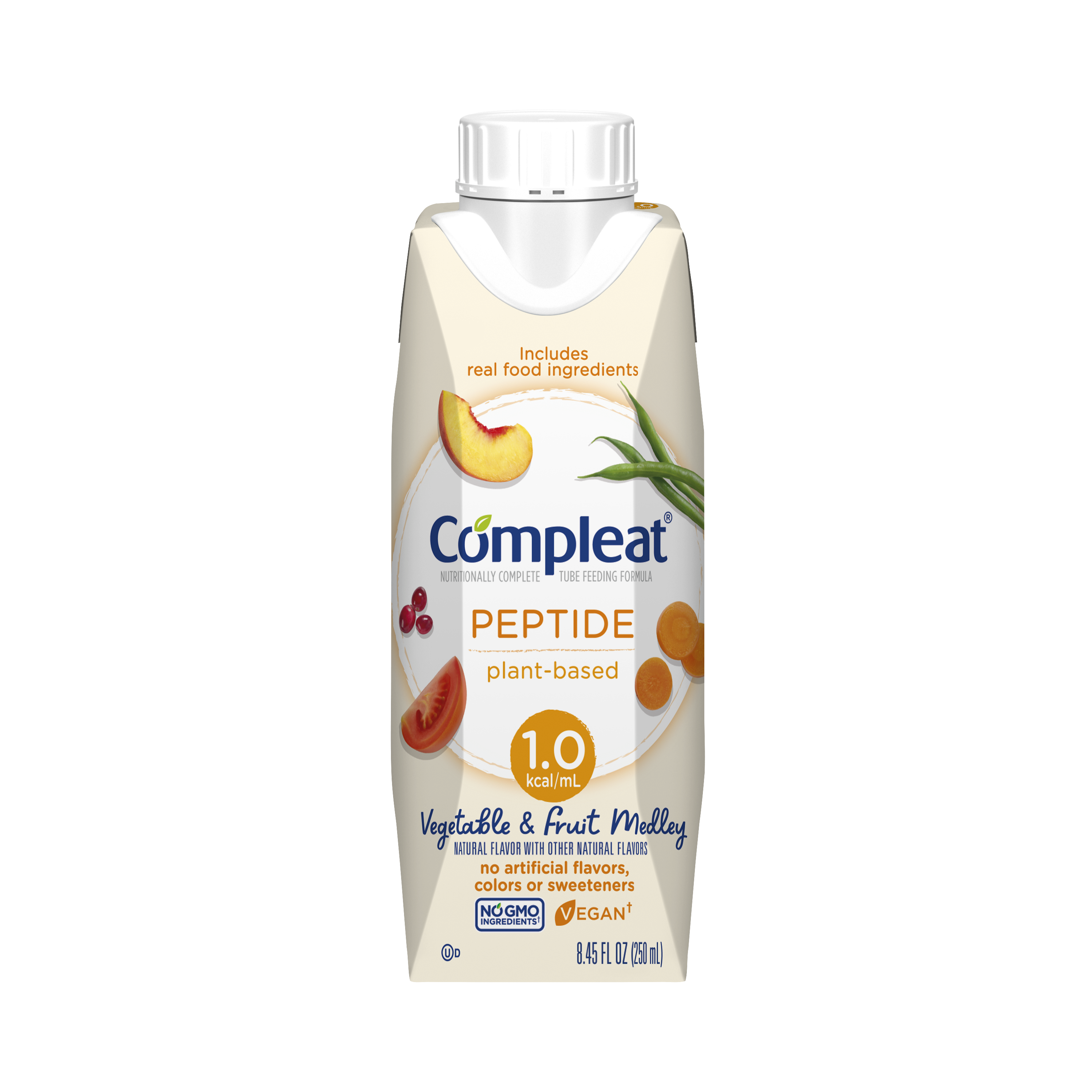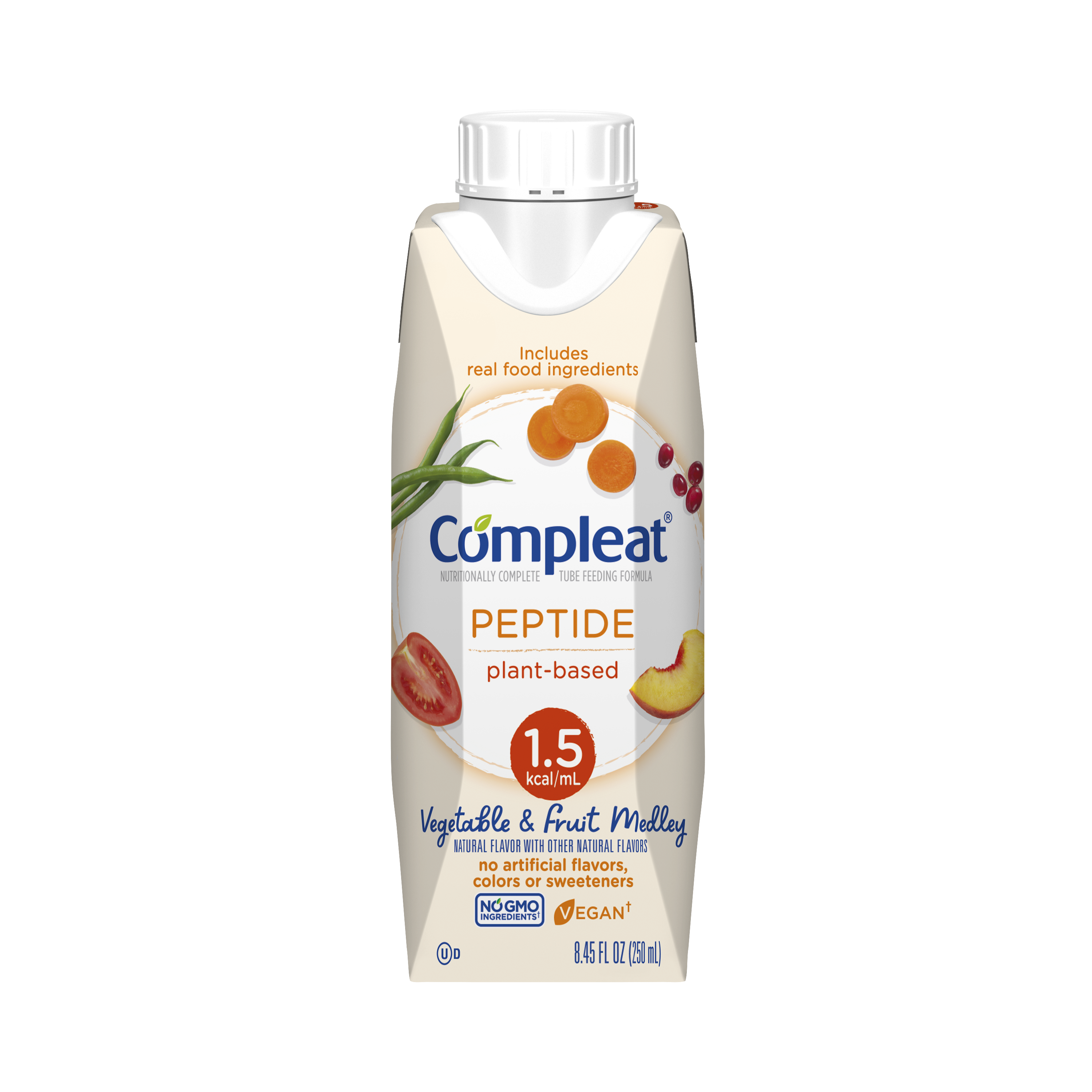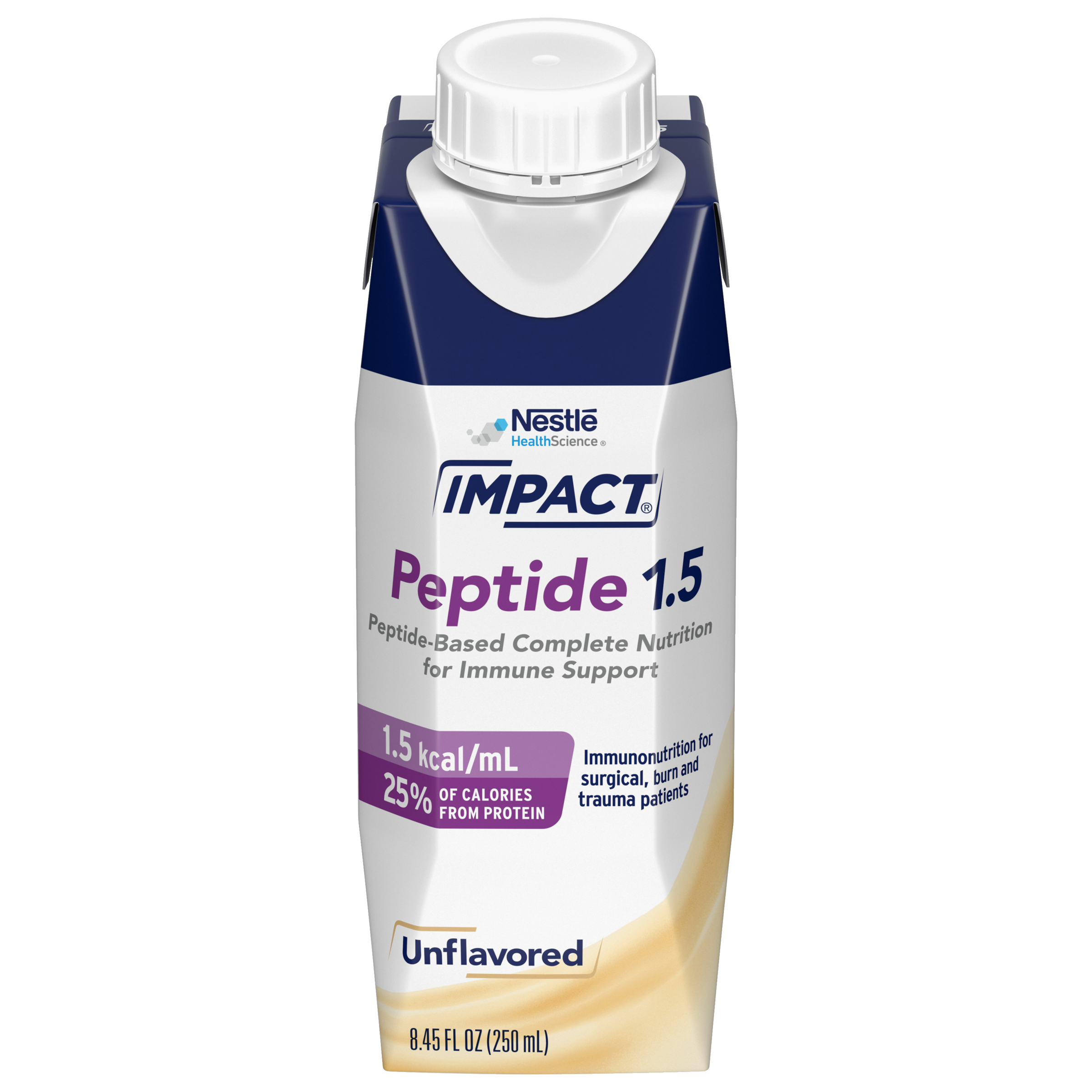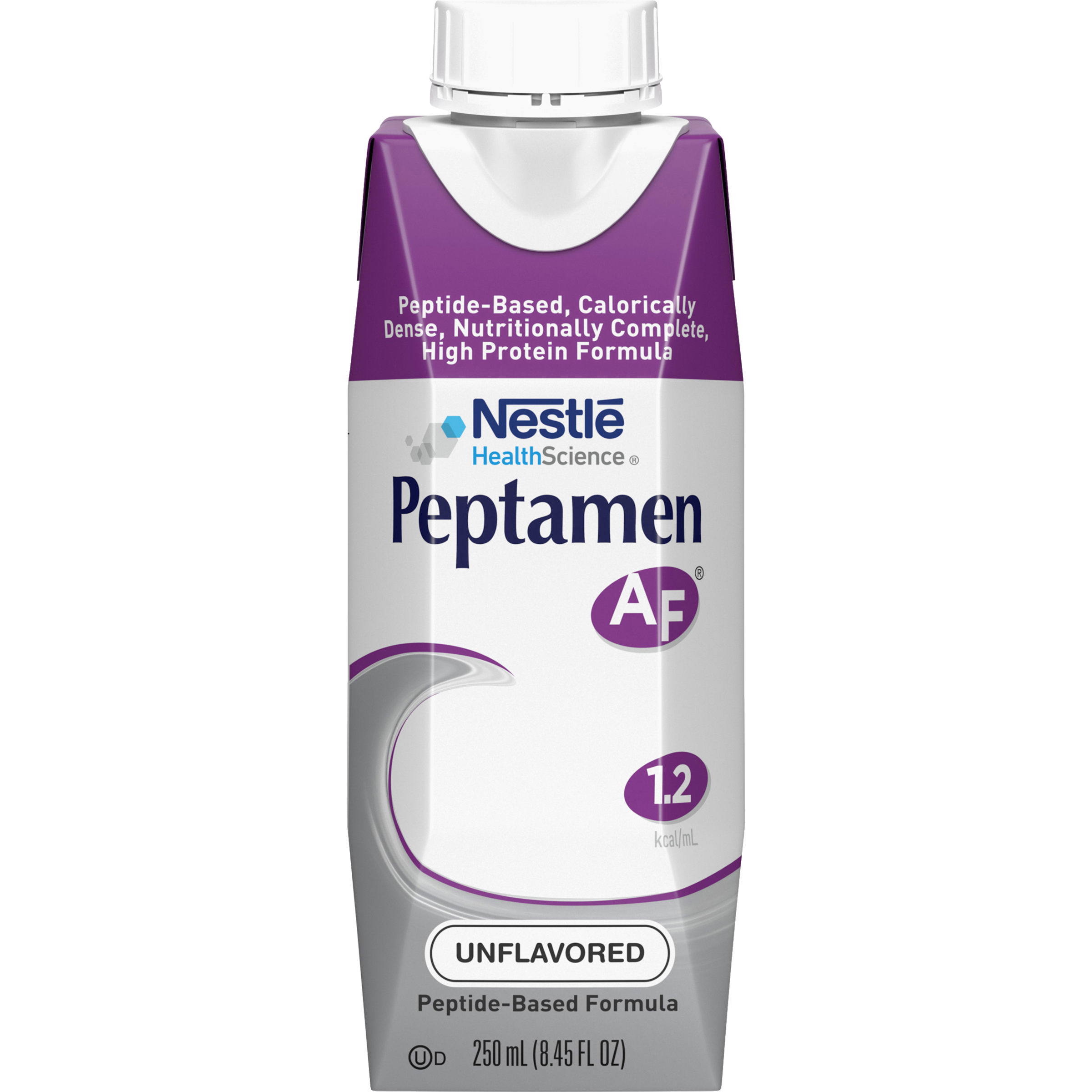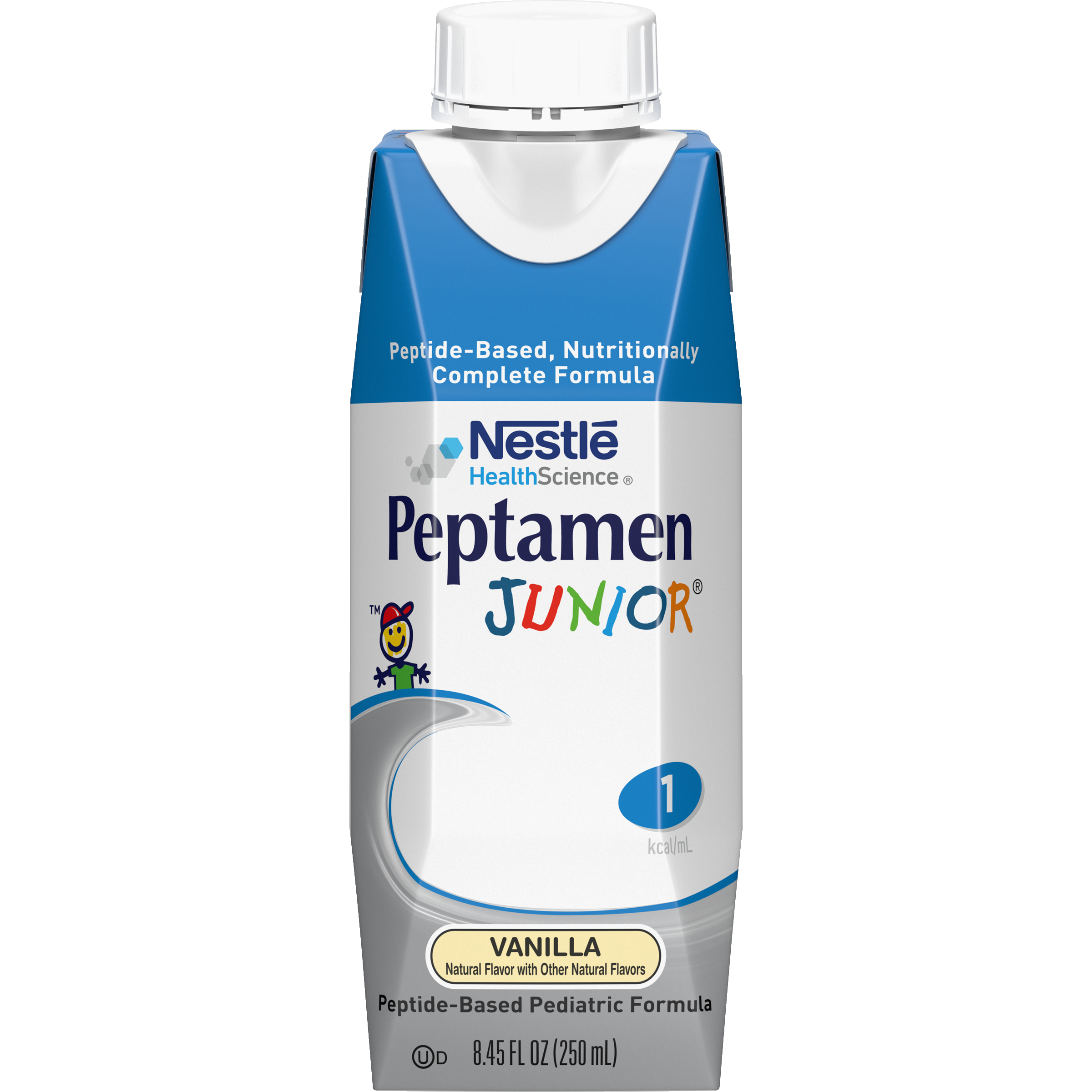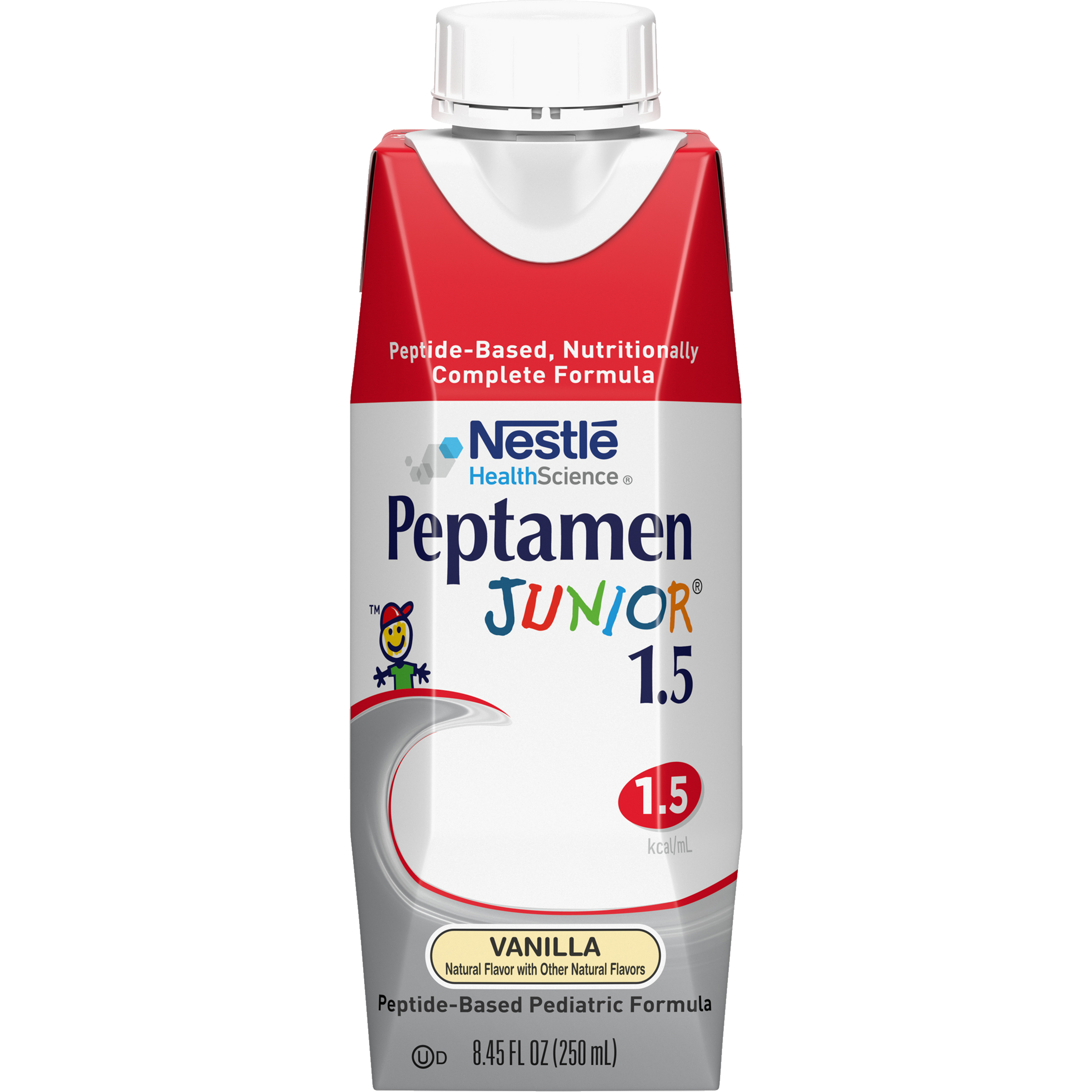
The Role of Peptide-Based Formulas in Patient Care
In addition to having difficulty eating or keeping food down, some patients requiring enteral nutrition may also have complex gastrointestinal (GI) issues, affecting their digestion and nutrient absorption. Such conditions may include chronic diarrhea, cystic fibrosis, inflammatory bowel disease and other malabsorptive disorders.1
Even in the absence of a GI disorder, patients may show signs of enteral feeding intolerance. Enteral feeding intolerance refers to GI dysfunction that results from enteral feeding, such as reflux, vomiting, large volumes of gastric residual volumes, abdominal distension, or diarrhea.2,3 GI intolerance is quite common, particularly in critical care and chronic care settings. It’s also associated with poor health outcomes, including undernutrition, metabolic disturbances, infection, toxemia, morbidity, and mortality.3
For cases in which malabsorption of nutrients is an issue, or if a patient is unable to tolerate standard enteral nutrition, a peptide-based formula may be required. While providing complete nutrition for patients to aid in overall health and recovery, peptide-based formulas contain selective high-quality proteins – such as 100% whey – enzymatically hydrolyzed (broken down) into smaller components, and medium chain triglycerides to allow for easier absorption. Emerging evidence suggests that peptide-based formulas may improve clinical outcomes, reduce healthcare utilization and potentially minimize cost of care in patients with enteral feeding intolerance.3,4
To help all patients meet their nutrition needs, regardless of medical complexity, Nestlé Health Science provides a range of peptide-based formulas for adults, children and infants that have been clinically tested and are backed by extensive research. With these specialized nutrition solutions, healthcare professionals can trust they’re providing their patients with the best possible nutritional support.
References
- Mohamed Elfadil O, Shah RN, Hurt RT, Mundi MS. Peptide-based formula: Clinical applications and benefits. Nutr Clin Pract. 2023 Apr;38(2):318-328. doi: 10.1002/ncp.10961. Epub 2023 Feb 21. PMID: 36802281. https://aspenjournals.onlinelibrary.wiley.com/doi/10.1002/ncp.10961
- Reintam Blaser A, Deane AM, Preiser JC, Arabi YM and Jakob SM. Enteral Feeding Intolerance: Updates in Definitions and Pathophysiology. Nutr Clin Pract. 2021 Feb;36(1):40-49. https://doi.org/10.1002/ncp.10599
- Saavedra JM and Ochoa Gautier JB. Use of Peptide-Based Formulations for Optimizing Enteral Nutrition Delivery, GI Tolerance and Metabolic Management. Presented on August 27, 2019 for Nestlé Health Institute. www.nestlemedicalhub.com/sites/default/files/2021-03/HandoutUsePeptideBasedFormulations1pp.pdf
- Gungabissoon U et al. Prevalence, risk factors, clinical consequences, and treatment of enteral feed intolerance during critical illness. JPEN J Parenter Enteral Nutr. 2015;39(4):441–448. https://aspenjournals.onlinelibrary.wiley.com/doi/abs/10.1177/0148607114526450











